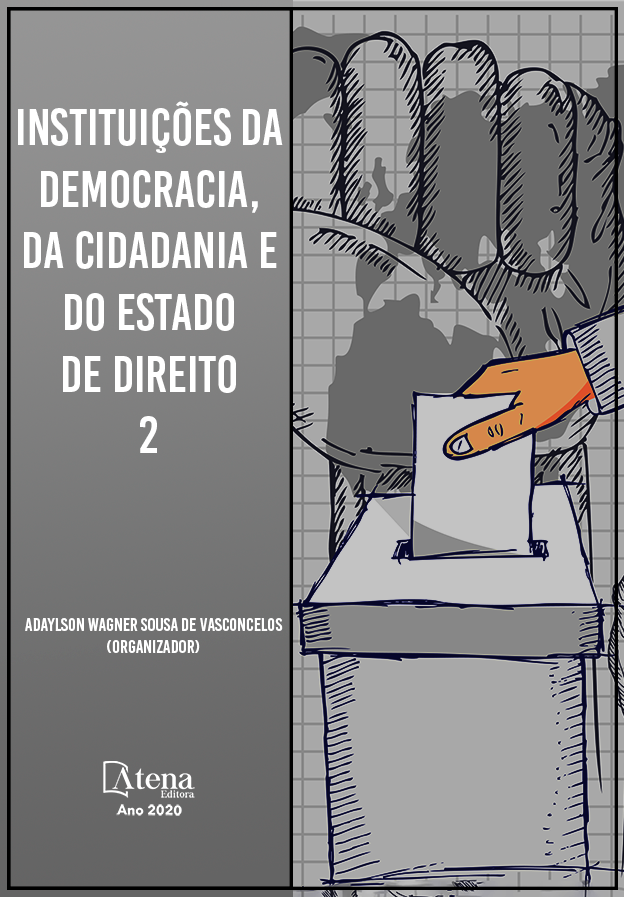
ETIOLOGIA DA PORNOGRAFIA INFANTIL: UM OLHAR CRÍTICO SOBRE A (CYBER)PEDOFILIA
O artigo trata de um estudo qualitativo a partir de dados de investigação criminal coletados junto à Polícia Federal da Bahia, referente ao delito de pornografia infantil. Através do estabelecimento de premissas originárias da conduta-crime, discorremos a respeito da incidência dessa lesão aos direitos sexuais de vulneráveis no espaço cibernético. Tal delimitação materializa o uso do aparelhamento acadêmico como promotor do desenvolvimento científico, trazendo abordagem multidisciplinar voltada à adaptabilidade das normas jurídicas em relação às formas criminológicas contemporâneas. Objetiva a compreensão dos elementos descritivos e críticos essencialmente envolvidos na problemática, através do método dialético de forma qualitativa ex-post-facto exploratória. Como procedimentos, envolve coleta de dados dentro e fora de campo e realiza recorte epistemológico e teórico sob as lentes de gênero. A pesquisa empírica revela a necessidade interpretação feminista de sua incidência e da incorporação de políticas públicas efetivas através deste mesmo engajamento.
ETIOLOGIA DA PORNOGRAFIA INFANTIL: UM OLHAR CRÍTICO SOBRE A (CYBER)PEDOFILIA
-
DOI: 10.22533/at.ed.4402012116
-
Palavras-chave: pornografia; vulneráveis; crimes sexuais; crimes cibernéticos;
-
Keywords: pornography; vulnerable; sexual crimes; cyber crimes;
-
Abstract:
The article deals with a qualitative study based on criminal investigation data collected from the Federal Police of Bahia, regarding the crime of child pornography. Through the establishment of premises originating from criminal conduct, we discuss the incidence of this injury to the sexual rights of vulnerable people in cyberspace. Such delimitation materializes the use of academic equipment as a promoter of scientific development, bringing a multidisciplinary approach aimed at the adaptability of legal rules in relation to contemporary criminological forms. It aims to understand the descriptive and critical elements essentially involved in the problem, through the dialectic method in a qualitative, ex-post exploratory way. As procedures, it involves data collection on and off the field and performs an epistemological and theoretical approach under the gender lens. Empirical research reveals the need for a feminist interpretation of its incidence and the incorporation of effective public policies through this same engagement.
-
Número de páginas: 16
- Kalita Macêdo Paixão


